My spouse and I both have past trauma and poor communication skills. Can we get better together?
Julie writes: If both you and your spouse have past trauma and poor communication skills, is it possible to heal together and learn how to have a better relationship? What if one spouse is more receptive to the journey than the other?
Dear Julie,
The short answer to your question is yes—it is possible to heal past trauma together and develop the relationship skills that you and your spouse missed out on learning earlier in life.
In fact, intimate relationships can be a container for healing past trauma. This is because what is hurt in connection heals in connection. In other words, healing past relational trauma (the kind of trauma that happens in relationships, most often in childhood with parents or caregivers) works best when we are able to establish a relationship in which the qualities of a healthy relationships are consistently present.
What makes healing past trauma together with your partner tricky is that it requires that both of you begin developing the skills for nurturing a mutually fulfilling relationship while also changing those patterns in your relationship that are not constructive to creating a strong relationship.
Before we talk about how to build new relationship skills, let’s talk about the equally important step of recognizing and changing relationship patterns and dynamics that are rooted in past trauma.
When partners have individual histories of relational trauma, these dynamics often run on autopilot in the background of a relationship without us even being aware of them. We might have habitual ways of interacting with a partner that feel completely natural but which are actually interfering with having a healthy relationship.
Gaining awareness of these patterns in our relationship—and specifically our own contribution to this pattern—is one of the first steps toward healing past trauma and stepping out of old, unsatisfying, destructive relationship dynamics.
A lot of these trauma-based relationship patterns show up in how we communicate with each other.
Maybe we shut down at the first hint of conflict, or we explode or lash out or hear any feedback as criticism. Maybe we slip into immediately apologizing for everything under the sun if our partner sighs loudly. Or we perceive our partner expressing a different perspective on a topic as though they are saying that our perspective is wrong.
Maybe we struggle to listen to our partner when they try to share something important with us. We interrupt or jump in to tell them what they need to do to solve their problem. Or we argue with details of what they’re saying in ways that take the conversation far off-track.
This work of gaining awareness of our own contribution to unsatisfying patterns in our relationship takes time and care and attention. It also takes a lot of self-compassion and self-kindness, especially when we realize that we’ve yet again fallen into unconscious patterns that we’re trying to change.
When you’re considering how to make changes in how you interact with your partner, to start to move things in a better direction, it can be helpful to imagine your relationship like a dance.
When you change up the rhythms in your interactions and you try out some new dance moves, your partner will likely respond differently. This may not happen immediately, but when you are persistent in your efforts to change your part in an unhelpful relationship dynamic, your partner’s responses will likely shift as well. This is especially true when both you and your partner would like things to change in your relationship.
It’s often the case that one partner takes the lead in recognizing that something in the relationship needs to change and takes the first steps along the journey to building a stronger and more satisfying relationship.
Given that you are the one asking these questions, I’m going to assume that this is the case for you. The good news is that you don’t need your spouse to see what you see and to be equally committed to making changes in order for you to start taking steps in the direction that you want your relationship to go.
Often, couples get stuck in what I think of as the you change first and then I’ll change power struggle, in which neither partner wants to make the first move by stepping out of their part of the pattern. People who are resistant to changing their own contribution to relationship issues sometimes feel like focusing on their role is equivalent to admitting that they’re the problem in the relationship.
Our real power—and freedom—in relationships lies in our willingness to change our own patterns. We step out of those futile attempts to get the other person to change and we create the possibility for something new to emerge within ourselves and potentially within the relationship as well.
We are never constrained or kept waiting by a partner who is uninterested in changing.
Of course, eventually, your partner is going to need to step out onto the dance floor with you. Otherwise, the work you put into developing your relationship skills will result in a widening gap in the relationship that creates more distance and disconnection.
Sometimes, the fear of growing apart can work against the desire for having a healthy relationship. This is a difficult position to be in, because essentially we feel forced to choose between trying to make ourselves be satisfied with a relationship that’s not really working or investing in our own growth, which may result in an unbridgeable distance in the relationship.
We find that this fear is often most intense before you take the leap and start working on developing new relationships skills. Fear of the unknown can keep us stuck in the familiar (even when it’s unsatisfying).
Yet, most individuals we’ve worked with who decide to start working on their relationship skills discover that either their partner joins them on this adventure or they come to a point where they accept that the relationship is not actually a good fit for them any longer.
Once you have clarity about what you would like to change, then you can start learning how to develop the relationship and communication skills that you missed out on. When you want to improve your relationship, building better communication skills is a great place to put your focus because communication problems inevitably affect so many areas of a relationship, including emotional intimacy, trust and security, physical intimacy and sexual connection, and decision-making and problem-solving.
This means that investing your energy in learning how to communicate well can create improvements across the board in your relationship.
Learning how to communicate well in an intimate relationship takes time, practice, and attention. Communication in intimate relationships isn’t like communication in other areas of our life. It’s not as simple as learning how to clearly get across what you want to say.
In order to communicate well in an intimate relationship, we need to have a connection to our own inner emotional states (emotional awareness) and be able to put names to our feelings so we can recognize what we’re feeling and communicate those feelings accurately (emotional literacy).
We need to be able to listen to our partner and distinguish between what they’re actually saying from what our inner voice is saying about what they’re saying (attuned listening). As listeners, we need to develop the emotional capacity to be able to cope with hearing things that we don’t necessarily want to hear, things that might be hard to hear—about how our partner feels or how our actions or choices have affected them.
We need to have the ability to empathize with our partner’s experience, to put ourselves in their shoes and see things through their eyes. And we need to have the skills to communicate that back to our partner, so they know that we get where they’re coming from.
We need to have a willingness to embrace individual differences, to welcome the ways in which our partner is different from us so that differences don’t become the battlefields on which so many couples end up getting stuck for years or even decades.
And of course, we need to have the ability to navigate conflict constructively, so that difficult conversations can bring us together with our partner, instead of pushing us further apart.
These are all communication and relationship skills that can be affected by past trauma. But the good news is that communication skills, and relationship skills in general, can be learned.
Even if we missed out on learning these skills when we were young, it’s never too late to develop the kinds of relationship skills that help create emotional connection and mutual understanding in relationships. The benefits of investing in yourself this way go beyond improving your relationship with your intimate partner and extend into your relationship with yourself as well as your relationships with others who matter to you.
And on that note, I am wishing you well as you begin to gain clarity on the patterns you’d like to shift in your relationship and courage as you take those first steps in a new direction in your relationship.
~Angela
Creating fulfilling relationships after trauma is a journey. Enter your email to subscribe to Ask Angela and get thoughtful, trauma-informed relationship advice delivered to your inbox.
Ask Angela is an advice column dedicated to the topic of having fulfilling relationships after trauma. Click HERE to submit a question for Angela.
DISCLAIMER: this content is intended for informational purposes only and does not constitute professional medical or psychological advice, diagnosis, or treatment. Always seek the advice of your physician or other licensed health care provider with any questions or concerns you may have regarding a medical condition.
about angela Amias, LCSW
Angela Amias, LCSW is a relationship therapist and nationally-recognized expert on trauma and relationships. She’s the co-founder of Alchemy of Love, which provides trauma-informed relationship programs and resources. She’s also the founder of the Institute for Trauma Informed Relationships, which provides training and education to therapists and coaches who want to help their clients heal past wounds and create more fulfilling relationships.
As an expert on trauma and relationships, Angela has been featured in numerous publications, including Today, Oprah, Cosmopolitan, The Independent, Well + Good, Inc., Forbes, Business Insider, Salon, MSN, Women’s Health and the Toronto Sun.







